Teflon cable, also known as PTFE (polytetrafluoroethylene) cable, is renowned for its excellent electrical properties and chemical stability. In high-frequency applications, Teflon cable significantly contributes to improving signal integrity, primarily due to its low dielectric constant and loss tangent. Here's how it achieves this:
Low Dielectric Constant: The dielectric constant of a material measures its ability to store electrical energy in an electric field. Teflon has a very low dielectric constant, which means it doesn't absorb or retain much electrical energy. This property is crucial in high-frequency applications because it reduces signal attenuation and distortion, ensuring clearer and more accurate signal transmission.
Low Loss Tangent: The loss tangent of a material indicates how much energy is lost as heat when an alternating current passes through it. Teflon's low loss tangent ensures minimal energy loss during signal transmission, maintaining signal strength and integrity even at high frequencies.
Excellent Insulation: Teflon is an excellent insulator, effectively resisting the flow of electricity. This property is essential in cables to prevent signal leakage and interference, which can degrade signal quality.
Stable Over a Wide Temperature Range: Teflon maintains its electrical properties over a wide temperature range, making it suitable for high-temperature environments or applications where temperature fluctuations might occur. This stability ensures consistent signal performance regardless of operating conditions.
Resistant to Chemicals and Corrosion: Teflon's chemical stability and resistance to corrosion protect the cable from damage caused by exposure to harsh chemicals or environments. This extends the cable's lifespan and maintains signal integrity over time.
In summary, Teflon cable's unique electrical properties, including its low dielectric constant and loss tangent, combined with its excellent insulation, temperature stability, and chemical resistance, contribute significantly to improving signal integrity in high-frequency applications.

 ENGLISH
ENGLISH 简体中文
简体中文 GERMAN
GERMAN SPAIN
SPAIN
 +86 181-5747-1135
+86 181-5747-1135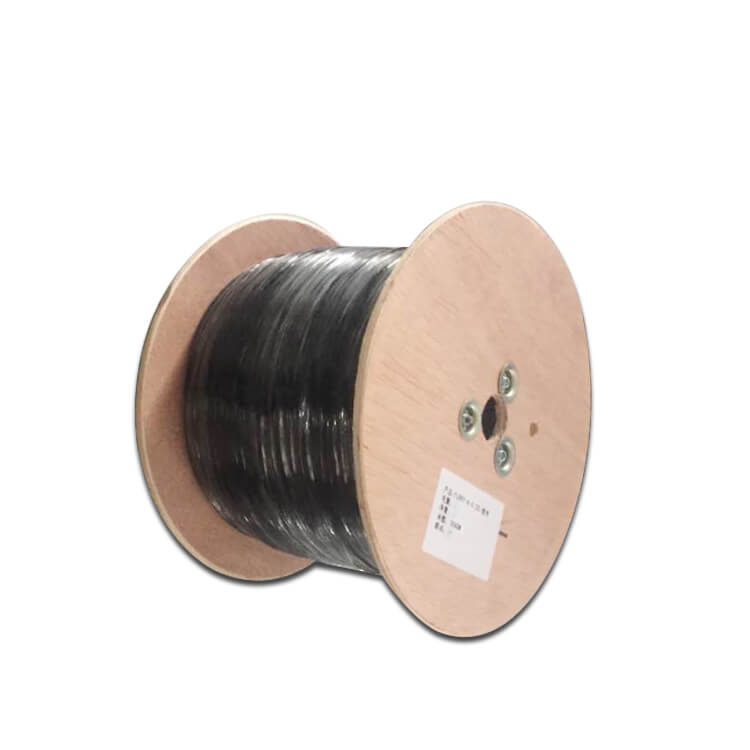
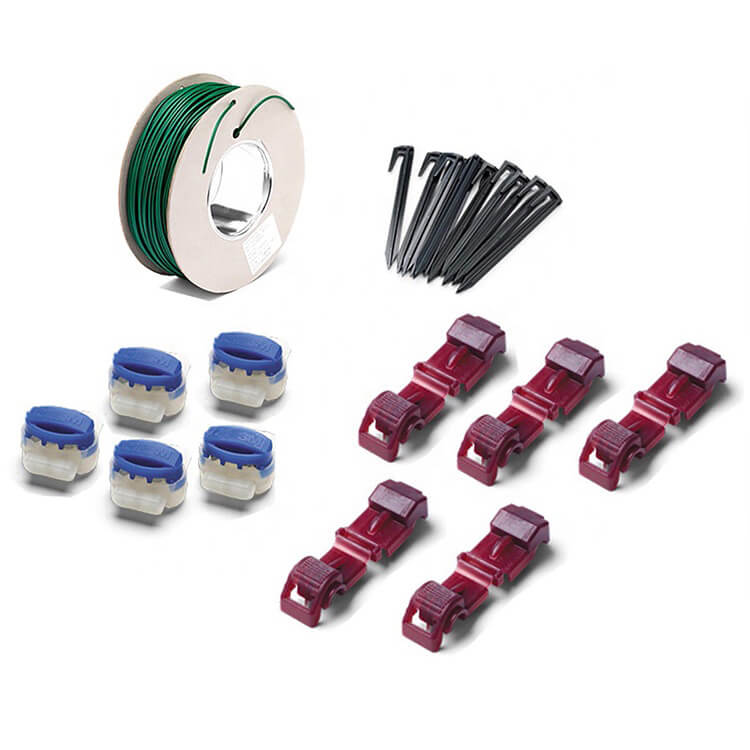
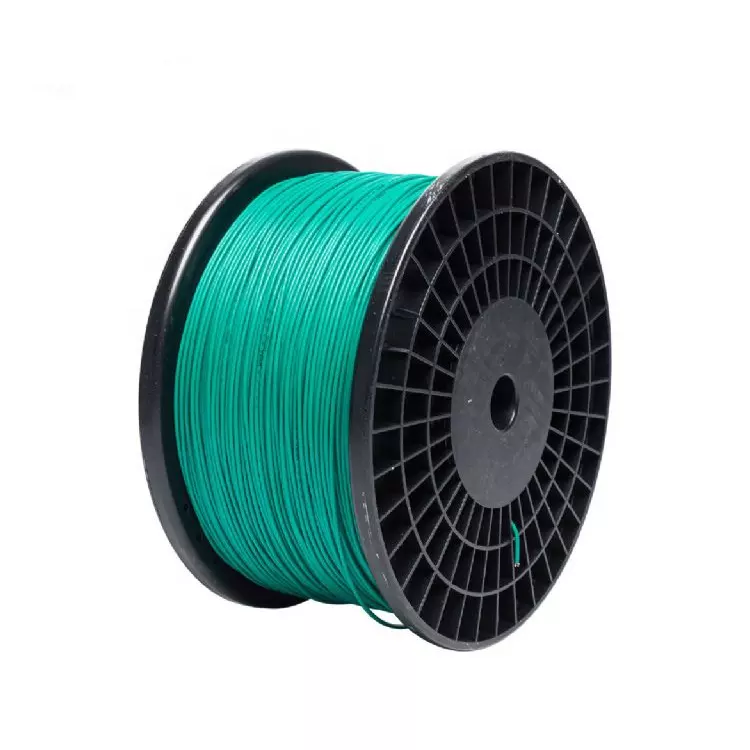



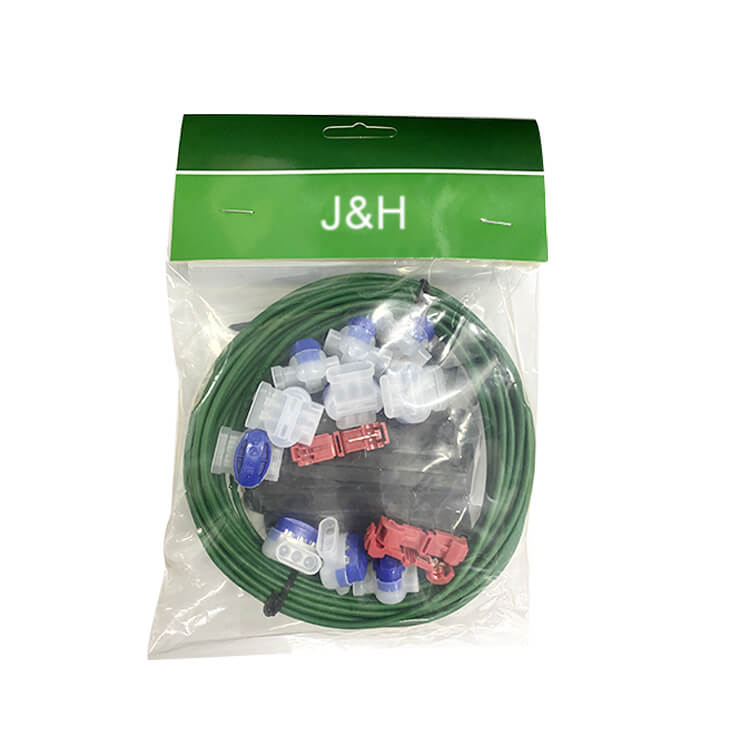
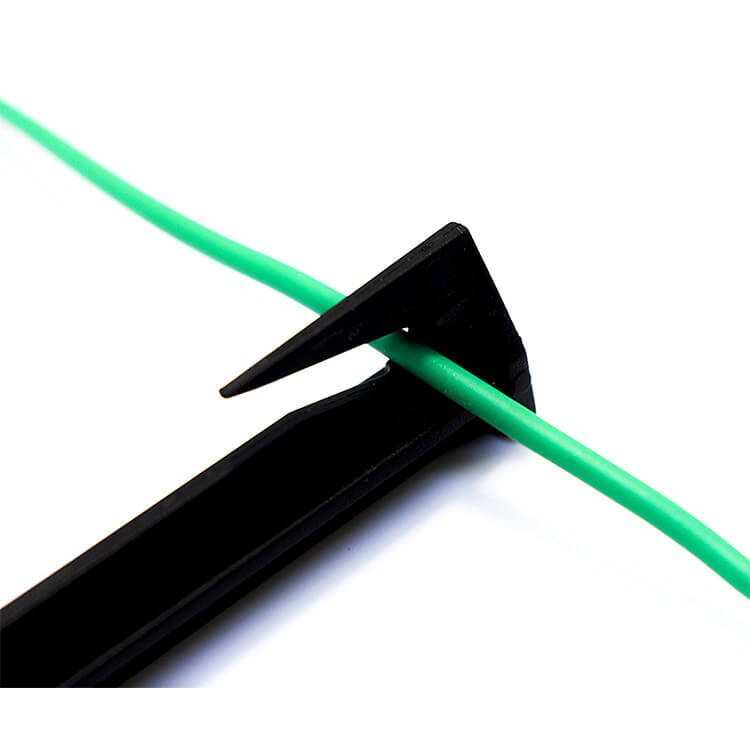
 Abroad:+86 181 5747 1135
Abroad:+86 181 5747 1135 FAX: +86 574 8900 7636
FAX: +86 574 8900 7636 E-mail:
E-mail: 

 read the map
read the map

